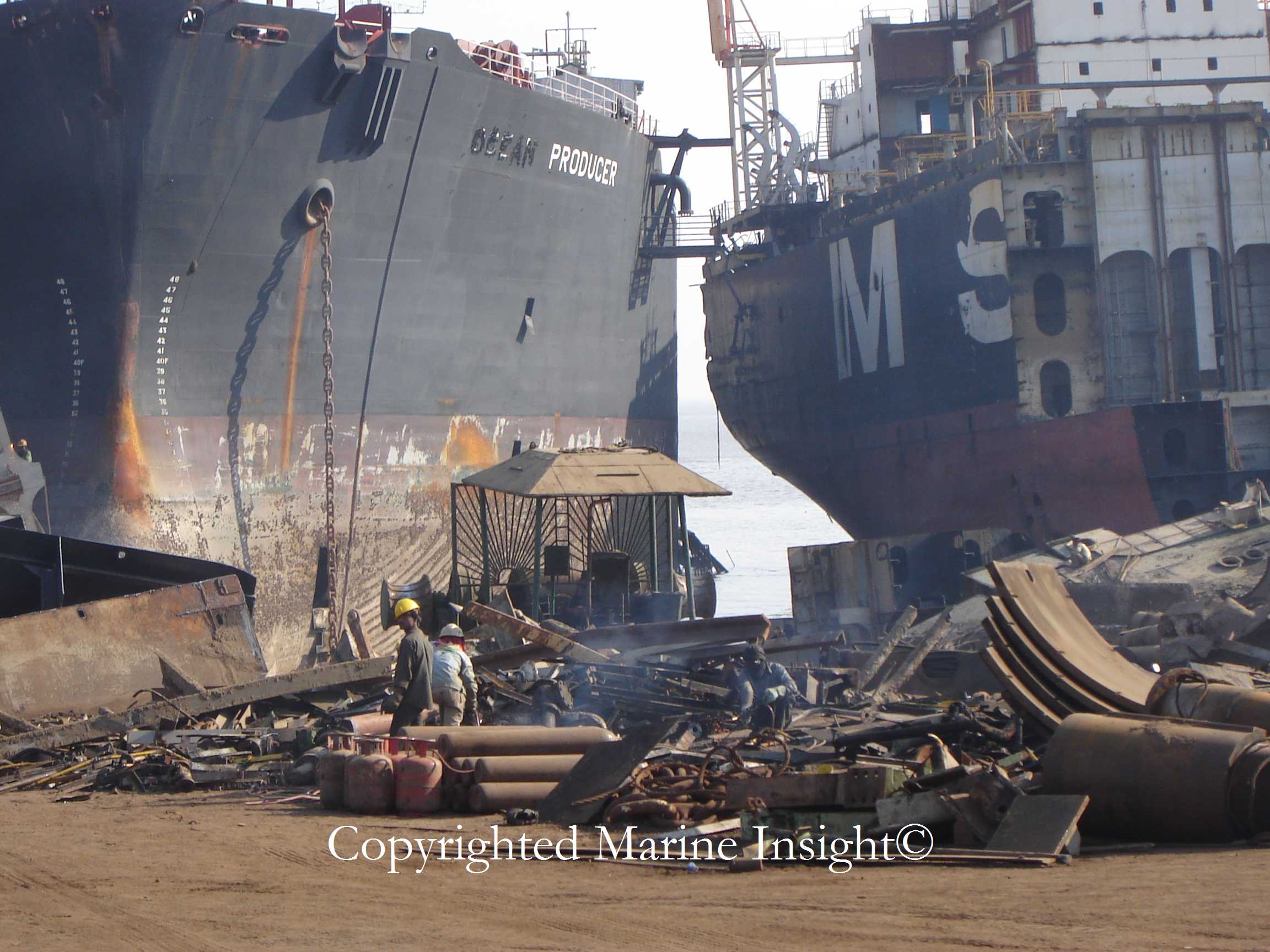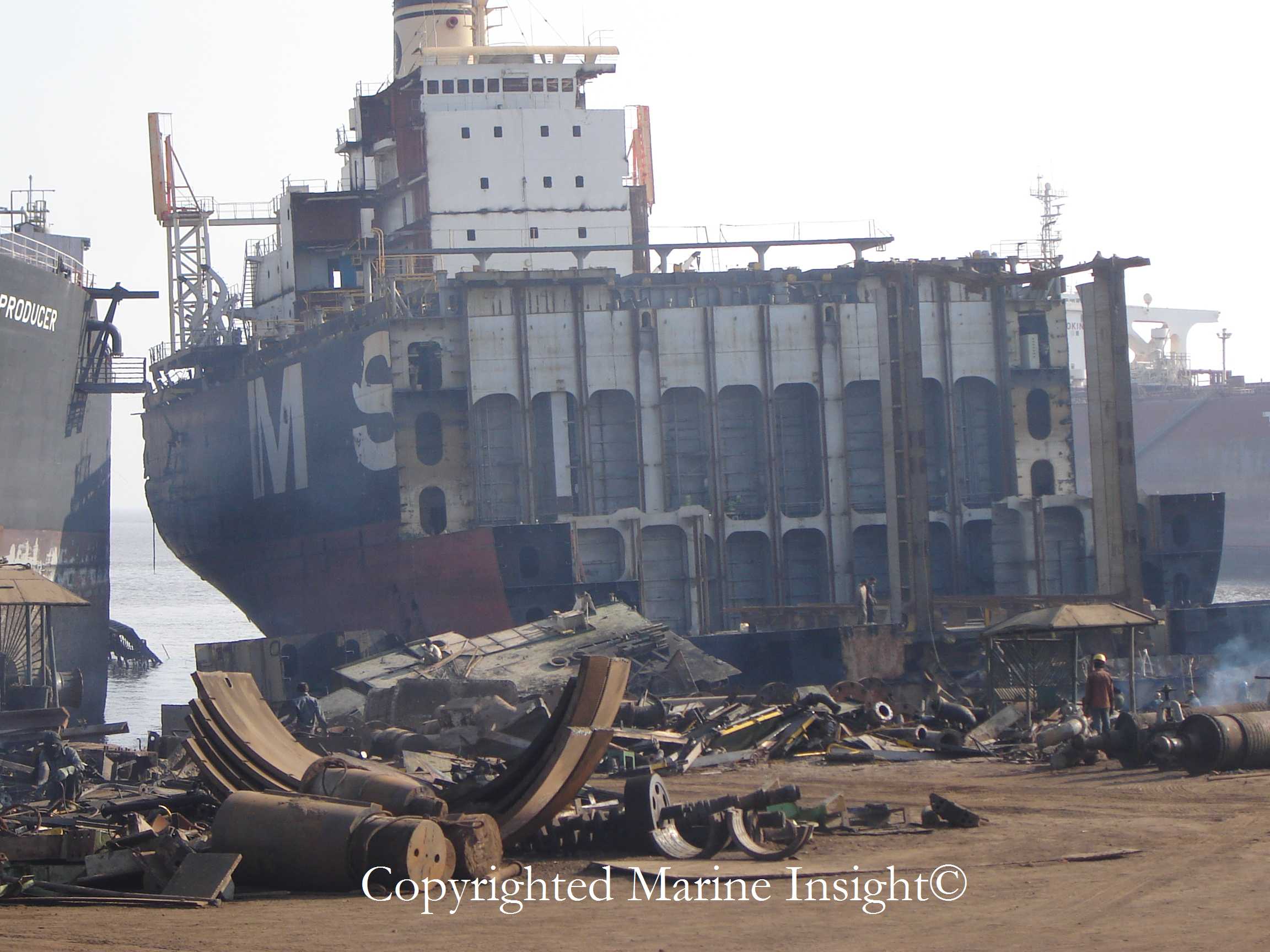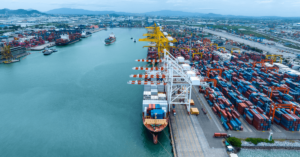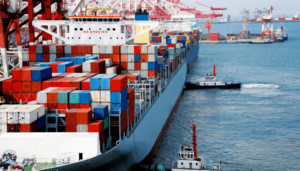Legal Issues And Arrest Of Scrap Ships Can Sour Deals For Indian Cash Buyers
Shashank Agrawal, vice-president legal of Wirana Shipping Corp, Singapore, looks at the problems facing cash buyers and ship recyclers and suggest ways of overcoming them with strong leadership and support from the new Indian government.
Vessels arriving for recycling can some- times bring unwanted baggage with them. For ship trading for approximately 25 years or more, owners tend to accumu- late legal issues and outstanding disput- ed claims. Unfortunately, the outer anchorage at the delivery port sometimes turns into a battleground for many. The recent recession has seen a quicker battle for cash, with many creditors now refusing to extend credit periods.
Unfortunately, innocent cash buyers are beginning to be involved through no fault of their own. Upon delivery — and after payment to the owner by the cash buyer — vessels are being arrested just short of beaching — and occasionally even on the beach. In- voking indemnities in the sale agreement, sellers of- ten refuse such calls, forcing the cash buyer to under- write the claims. This causes serious hardships and knock-on consequences for the cash buyers, who are in any event paying top dollar for each and every ves- sel, working on extremely low and limited margins and underwriting market conditions. They are now being forced to underwrite claims to which they had little or no connection.
In Indian courts the only forms of acceptable se- curity to secure release of a vessel from arrest are a bank guarantee from a local nationalised bank, which means the bank should be fully owned and controlled by the government, and/or by depositing the claim amount in cash with the court. Under either of these methods, the ship would be allowed to beach or, if beached, cutting permission would be given. Unfor- tunately, courts on the Indian subcontinent do not accept protection-and-indemnity (P&I) club letters for the release of arrested units. Courts such as the Bombay High Court have ordinary original civil ju- risdiction, which means it has admiralty jurisdiction to arrest vessels and pass arrest orders irrespective of where the ship is, as long as it is within Indian ter- ritorial waters. No countersecurities are required at the time of arrest counter, which is usually granted on the merits of the case.
At Wirana Shipping Corp we are extremely diligent and focused on documents provided by the owners, and we carry out a full and thorough checkpoint system using our safety parameters and guidelines.
We feel the current rules and regulations need to be revisited in order to create a level playing field for everyone involved in cash buying.
At the moment, owners need not disclose exist- ing maritime liens or maritime claims on the vessel to the cash buyer. When the lien holder or claimant discovers that the vessel has been delivered for re- cycling, they can have the vessel arrested even if it has been delivered and beached at the ship recycling yards. The situation is so severe that arrests have been known to be placed vessels even when cutting has started and half of it has been scrapped. Despite shiprecyclers providing photographic evidence of the cutting, the courts are reluctant to vacate their arrest orders. Invariably, the original regis- tered owner closes the one-ship company after delivery. As a result, both the cash buyer and re- cycling yard are left to defend a claim that has nothing to do with them and which puts them under an unacceptable legal obligation. It has been said there have been cases where the original regis- tered owner connived with the creditor to defraud the buyer and backed the creditor’s claims by generating fraudulent, backdated documents to lay before the Court. How do such owners get away with it? In our experience, they do this either by providing fraudulent documents (free of encumbrance certificate from the vessel’s flag registry) or by registering the vessel under a flag of convenience immediately prior to delivery.
We feel strongly that the Indian Admiralty Act and other statutory instruments must be amended so that after a vessel has been sold to a cash buyer for recycling it ceases to be a ship and is, therefore, no longer accountable or subject to maritime/admiralty laws or interim orders from arbitration tribunals.
This would ensure that no maritime claim or lien can be enforced after the ship has been delivered. When dealing with “delivered vessels”, all maritime liens or claims should cease when it arrives at the outer port anchorage, thus preventing chaos at the time of delivery, which is when demands are raised by un- known third parties.
The issue of countersecurities also needs to be ad- dressed. In all jurisdictions in the Indian subconti- nent, a vessel can be arrested at the recycling yard by a petitioner (who has claims against the previ- ous owner or the vessel) without counter-securities being lodged. The judicial system in the Indian subcontinent can take years to produce a judgment. Consequent- ly, even if the cash buyer and/or shiprecycler wins the lawsuit, the plaintiff will simply walk away and the defendant is left with years of losses. In many cases, this can easily bankrupt the shiprecy- cler or put a huge dent in their bankroll.
The Indian Admiralty Act must be amended to the effect that, in order to arrest a vessel that has already been delivered to the shiprecyclers or to a cash buyer, the plaintiff must lodge a cash security equivalent to its value, using the memorandum of agree- ment (MOA) as a basis for the valu- ation of the ship, along with compound interest (Lon- don Interbank Offered Rate, Libor) for a minimum of one year. This should eliminate those frivolous appli- cants whose only intention is to extort money from innocent cash buyers and shiprecyclers.
With the arrival of the strong and able government under the leadership of Narendra Modi, we are opti- mistic that sea changes will be implemented for the benefit of the recycling industry and that it will grow by leaps and bounds. We hope the Ministry of Ship- ping and other agencies will take notice and ensure a level playing field for all parties.
You may also like to read – The Role Of A Cash Buyer in Ship Recycling
About the Author

Do you have info to share with us ? Suggest a correction
Latest Maritime law Articles You Would Like:
Latest News
- What are Logistics Risks?
- How Port and Terminal Operators Can Control Emissions?
- Minimum Quantity Commitment (MQC) and Liquidated Damages in Container Shipping: Concept and Relevance
- MARPOL (The International Convention for Prevention of Marine Pollution For Ships): The Ultimate Guide
- The Ultimate Shipping Container Dimensions Guide
- A Comprehensive Overview of IMDG Code for Shipping Dangerous Goods
Subscribe To Our Newsletters
By subscribing, you agree to our Privacy Policy and may receive occasional deal communications; you can unsubscribe anytime.


















